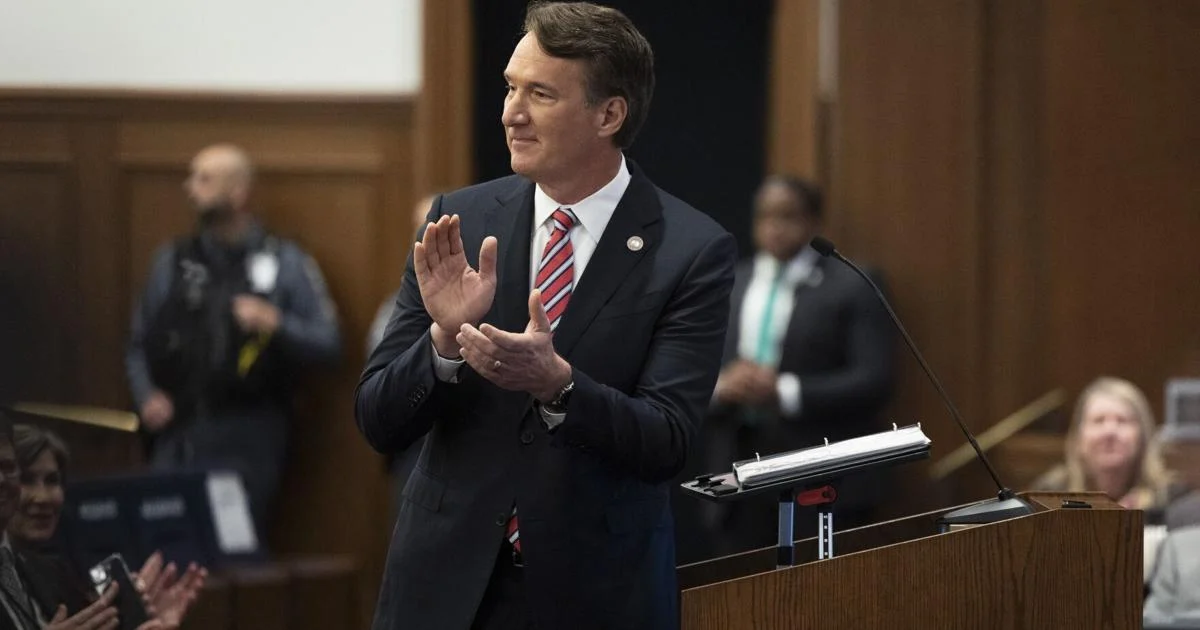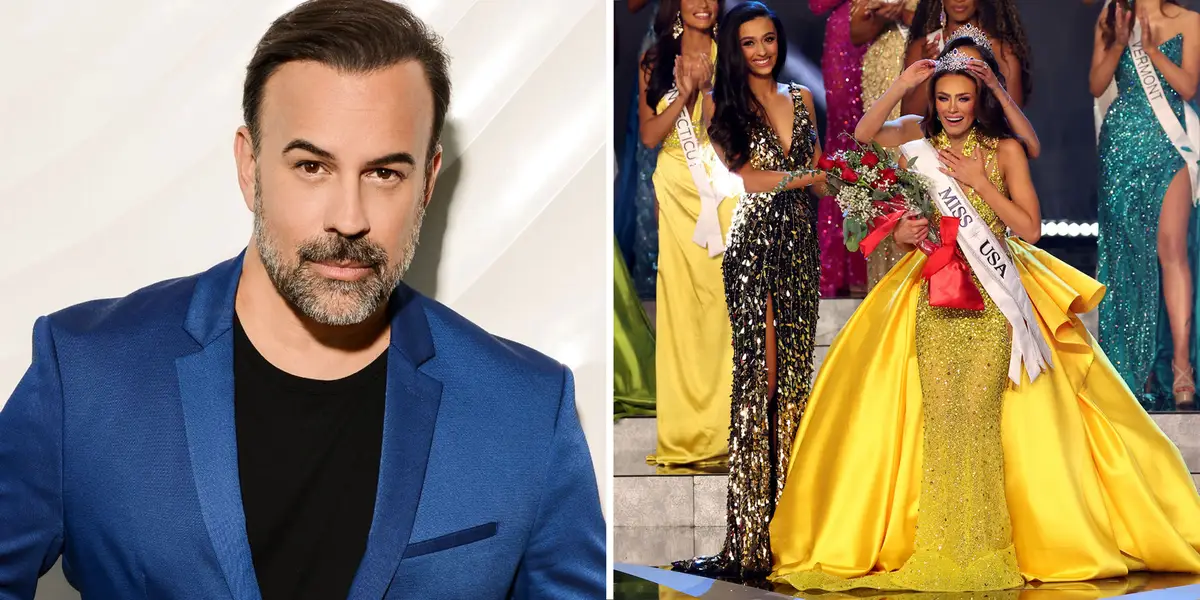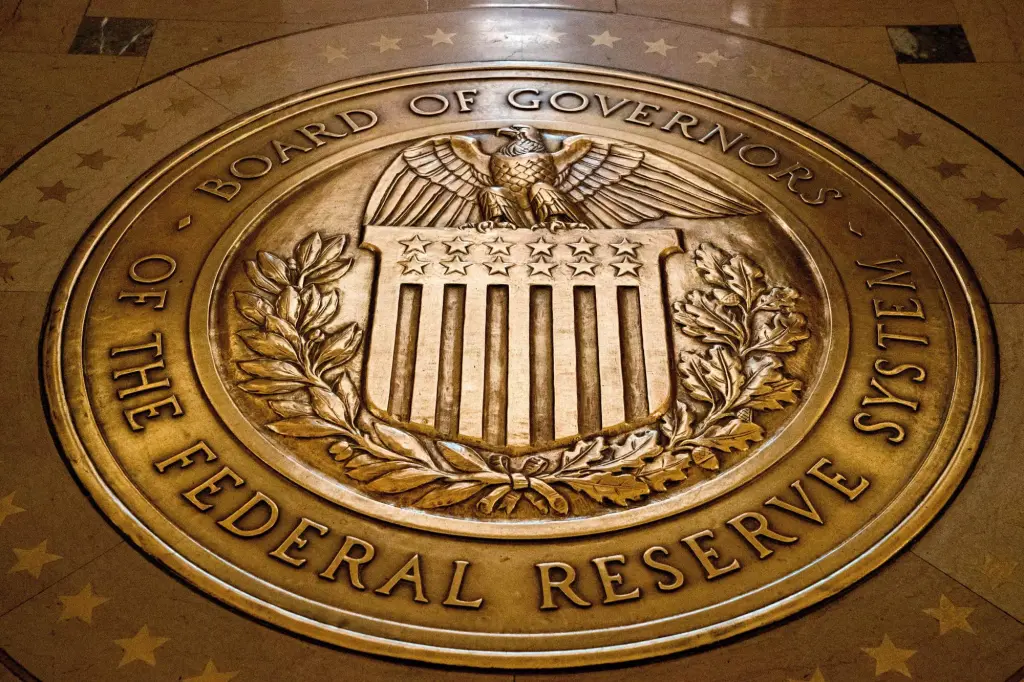
Income tax rebates will arrive soon for Virginia taxpayers, courtesy of the General Assembly through a budget initiative that Gov. Glenn Youngkin is using to help frame his legacy as he prepares to leave office.
Youngkin announced the tax rebates last Wednesday without mentioning the Democrat-controlled assembly, which proposed them as part of budget package it adopted as an alternative to the Republican governor’s attempt to use the money for partial car tax relief.
The governor had proposed in December to use almost $1 billion to issue income tax credits over three years to offset local car tax payments by some Virginians, depending on how much they earned and where they lived.
“As usual, the governor is taking credit for other folks’ work,” said House Speaker Don Scott, D-Portsmouth, who said the budget specifies that the rebate checks come from the assembly.
The rebates — the third round since Youngkin took office in 2022 with $2.3 billion in surplus revenues collected under former Gov. Ralph Northam, a Democrat — will send $200 to individual taxpayers and $400 to couples filing jointly, who are eligible if they had a state income tax liability for 2024.
The state will deliver the rebates by the end of October through electronic deposit for taxpayers who filed their state tax returns that way or by paper checks sent in the mail.
“It was from the budget he signed,” Youngkin spokesman Rob Damschen said Thursday.
The governor’s office said Virginians can check their eligibility at www.tax.virginia.gov/rebate.
Virginia issued the same level of rebates in 2023, when Republicans controlled the House of Delegates before losing their majority that fall. The rebates then were part of a budget agreement reached that September that did not include Youngkin’s proposals to reduce income tax rates for corporations and individuals in the highest tax bracket.
Virginians also received tax rebates of $250 million for individuals and $500 for couples filing jointly in 2022, when Youngkin took office with a budget fattened by federal emergency relief to states during the COVID-19 pandemic. The rebates were a centerpiece of $4 billion in tax relief that the new governor pushed through a politically divided legislature, with Republicans controlling the House and Democrats in charge of the Senate.
That’s part of the legacy that Youngkin wants Virginians to remember after he leaves office in January.
“Virginia’s strong job growth, bolstered by business investment commitments of $140 billion, has driven a total of $10 billion in surplus revenue and enabled a record $9 billion in tax relief,” he said in a statement. “This fall’s tax rebate reflects a simple truth: it’s your money, not the government’s.”
Last year was the only one of Youngkin’s term that did not feature some form of tax rebate. He had proposed a package of tax proposals that would have cut income tax rates across all brackets, but raised the state sales tax by a penny and applied the tax to a range of digital services, which the state does not tax now.
The net effect would have been a $1 billion reduction in state revenues, but the assembly balked at cutting income tax rates or raising the sales tax, and the governor refused to expand the sales tax to digital services without the rest of his proposed tax package.
“It doesn’t matter who gets the credit,” said House Appropriations Chairman Luke Torian, D-Prince William, who led the committee the past two years of Youngkin’s term. “What matters is that Virginians’ quality of life is improved.”
“He can’t do anything without the General Assembly,” Torian added.
Michael Martz
(804) 649-6964
mmartz@timesdispatch.com
Get Government & Politics updates in your inbox!
Stay up-to-date on the latest in local and national government and political topics with our newsletter.
* I understand and agree that registration on or use of this site constitutes agreement to its user agreement and privacy policy.



